
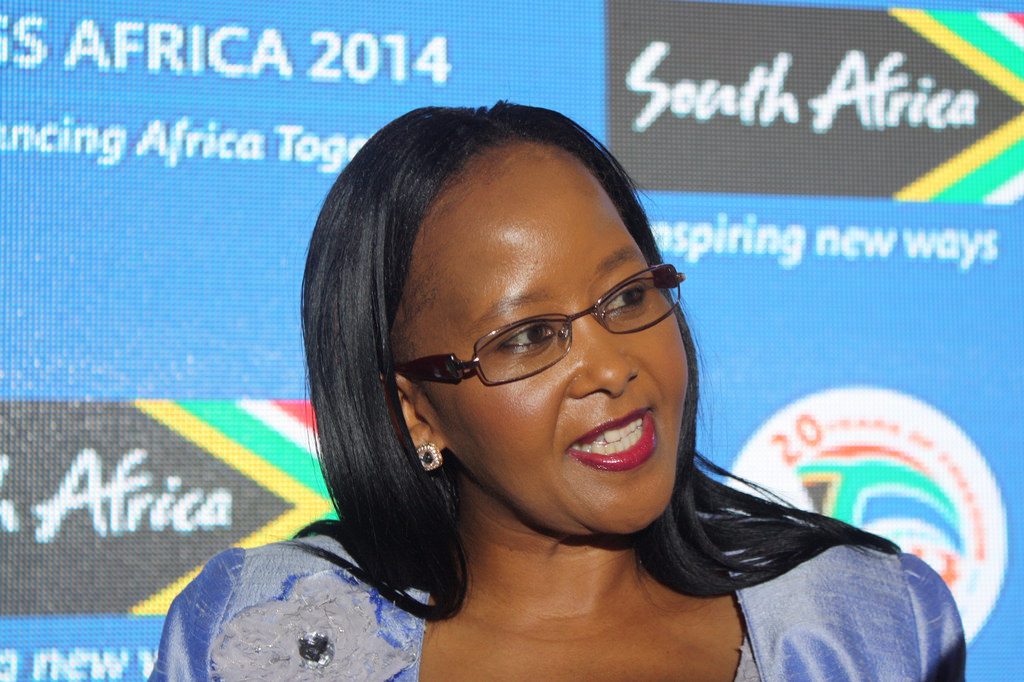
South African new Tourism Minister: Shuffle in sympathies for UNWTO Secretary General Election?
If this indicates a shift in South Africa’s influence on the election of a new UNWTO Secretary General waits to be seen. The Hon. Derek Hanekom today woke up as the minister of Tourism for South Africa. In the evening his president (Zuma) thanked him for his services. Moving against South Africa’s President Zuma by imposing a series of votes of “no confidence” against his boss did not pay off for Derek Hanekom who was just fired tonight from his post as the Minister of Tourism for the Republic of South Africa.
Replacing him is the new Hon. Minster of Tourism, Mrs. Tokozile Xasa. She is originally a teacher and taught at several high schools for 9 years before becoming the first female mayor of a district municipality in the transitional period of local government in the Eastern Cape.
She was a national executive member in the Women´s League from 1995-1997 and served as Regional Secretary for the Transkei Womens´s League from 1993-1995. She is an African National Congress (the ruling party in South Africa) activist and an ANC Member of the Provincial Legislature from 2001 until 2009 where she worked in local and traditional affairs in the Premier’s Office and in the Economic Affairs Portfolio Committees. Since 2009, she has been the Deputy Minister of Tourism in South Africa. Mrs. Tokozile Xasa holds a Bachelor’s degree in Public Administration and Psychology from the Walter Sisulu University and a Master’s in Public Administration from the MPA – University of Fort Hare.
Her deputy now is the Hon. Elisabeth Thabethe. She was born on September 26, 1959 and had been a Member of Parliament since 1994. She completed a Certificate in Economics with the University of South Africa (UNISA) and completed her advanced Diploma in Economics with the University of the Western Cape (UWC). She was a Co-coordinator of the East Rand Women’s League RTT structure, a member of the ANC National Parliamentary Caucus, Gauteng Provincial Whip, and a House Whip from 1996 to 2004. She chaired the Portfolio Committee on Environmental Affairs and Tourism between 2004 and June 2005, and was also a member of the committees on Labor and Trade and Industry. She was the Deputy Minister of Small Business Development.
Today’s cabinet shuffle in South Africa may also shuffle cards in the upcoming election for the UNWTO Secretary General. South Africa is a key member of the United Nations World Tourism Organization Executive Council and is known as an influencer on the African continent. This very much also counts for the travel, tourism, hospitality, and the aviation industry.
The UNWTO Secretary-General election is decided by the members of the UNWTO Executive Council. From Africa, members of the UNWTO Executive Council are the Democratic Republic of Congo, Kenya, Mozambique, Seychelles, South Africa, Tunisia, and Zambia.
There are currently two very capable and widely-liked candidates from Africa competing for the highest post in the United Nations World Tourism Organization. One is Alain St.Ange, the former Minister of Tourism from the Seychelles, and two is Walter Mzembi, the current Minister of Tourism and Hospitality from Zimbabwe.
One is from a country (Seychelles) with a message to the world: “We are friends of all, enemies of none,” The other candidate (Mzembi) has a global mindset and is well liked. He has a youthful and out of the box approach and established an excellent reputation also with many countries and leaders critical of Zimbabwe. His home country (Zimbabwe) has big current challenges, but the potential of great opportunities tomorrow.
St.Ange shows the importance of personal friendship in collecting endorsements for his candidacy from private industry, from journalists and former government officials.
Mzembi had been traveling the world for months successfully drumming up support behind the scene.
He was endorsed by the African Union as Africa’s choice for UNWTO before Alain St.Ange entered the race.
Former South African Minister of Tourism Derek Hanekom, a white South African, wasa supporter of UNWTO candidate Alain St.Ange, a white African from the Indian Ocean island nation, the Republic of the Seychelles.
Today, in a South African cabinet shuffle, Tourism Minister Hanekom replacement by Mrs. Tokzile Xasa, a black South African may also adjust sympathies. According to eTN sources, Mrs. Xasa is very much respected in Zimbabwe, and she is known to have a good understanding and friendship with UNWTO candidate Walter Mzembi from Zimbabwe.
The shift created by this South African cabinet posts may very well have an influence on the upcoming election to the UNWTO Secretary General. It could have an impact on voting members of the Executive committee in Africa and possibly beyond.

UNWTO welcomes the celebration of the International Day for Biological Diversity on ‘Biodiversity and Sustainable Tourism’
The Convention on Biological Diversity of the United Nations has chosen ‘Biodiversity and Sustainable Tourism’ as the theme for the International Day for Biological Diversity. The celebration takes places annually on 22 May. The decision aims at supporting the International Year of Sustainable Tourism for Development which is being commemorated worldwide throughout 2017.
The International Year of Sustainable Tourism for Development, declared by the United Nations General Assembly, emphasizes among others the role of the tourism sector in the preservation of ecosystems and in raising awareness on the uniqueness of biodiversity.
Following these principles, the Convention on Biological Diversity of the United Nations has decided to dedicate the International Day for Biological Diversity, which is yearly celebrated on May 22 to ‘Biodiversity and Sustainable Tourism’.
As stated by the World Tourism Organization (UNWTO) Secretary-General, Taleb Rifai, “We very much welcome the decision taken by the Convention on Biological Diversity to emphasize the link between tourism and biodiversity. Tourism is one of the best placed sectors to contribute to inclusive and sustainable development and, with the right policies in place, to preserving ecosystems, biodiversity and natural heritage”.
The contribution of tourism to conservation is increasingly recognized by the international community. The Cancun Declaration on Mainstreaming the Conservation and Sustainable Use of Biodiversity for Wellbeing released on the occasion of COP 13 (the 13th Conference of the Parties to the Convention on Biological Diversity) held in Mexico last December, recalls that “tourism is an excellent vehicle to use in spreading environmental awareness worldwide, not to mention the livelihood support it provides for communities living in and around reserves and natural areas” and recognises that tourism can be an enabling agent of change.
Monitoring, land planning, development of bio-cultural wealth and the promotion of technologies to transform tourism in a preservation tool of biological diversity are some of the components integrated in sustainable tourism approaches. This view also emphasizes the potential of tourism to raise environmental awareness worldwide on the value of protected areas.
In this regard, UNWTO has been long working to strengthen the capacity to monitor the impact of the tourism sector and build evidence-based approaches to tourism development. The UNWTO International Network of Sustainable Tourism Observatories (INSTO) is a network of tourism observatories monitoring the economic, environmental and social impact of tourism at the destination level, committed to regular monitoring of tourism in order to better understand destination-wide resource use and foster the responsible management of tourism. There are 16 observatories currently in operation worldwide.
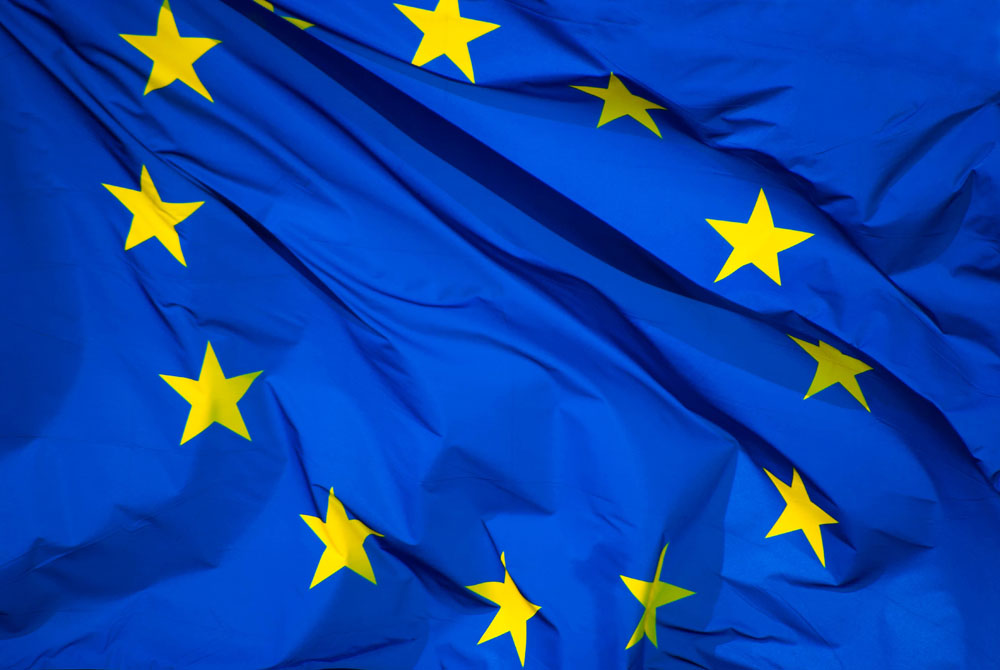
International Tourists to the European Union reach almost half a billion in 2016
International tourist arrivals to the European Union increased by 4% in 2016, reaching almost 500 million or 40% of the world’s total. This preliminary result is included in the first release of the ‘European Union Short-Term Tourism Trends’, a regular monitoring of EU tourism by the World Tourism Organization (UNWTO) in the framework of the cooperation with the Directorate-General for Internal Market, Industry, Entrepreneurship and SMEs (DG GROWTH) of the European Commission (EC).
Despite many challenges facing Europe in 2016, tourism has once again shown extraordinary strength and resilience, reinforcing its contribution to economic growth, job creation and social wellbeing in the European Union (EU-28).
The 28 countries of the EU boasted a solid growth in international tourist arrivals of above 4% in 2016, exceeding the world’s average growth rate, and increasing by 21 million to 499 million.
2016 was the 7th consecutive year of sustained growth for the EU-28 following the 2009 global economic and financial crisis, with 107 million more tourists than the pre-crisis level of 2008.
“Tourism is today one of the key pillars of the EU strategy for jobs and inclusive growth. UNWTO is very pleased to be working alongside the European Commission in monitoring international tourism trends, advance product development and sustainable tourism in Europe”, said UNWTO Secretary-General, Taleb Rifai.
About the ‘Enhancing the Understanding of European Tourism’ Project
‘Enhancing the Understanding of European Tourism’ is a joint project by UNWTO and the Directorate-General for Internal Market, Industry, Entrepreneurship and SMEs of the European Commission (DG GROWTH). The project aims to improve the socio-economic knowledge of the tourism sector, enhance the understanding of European tourism and contribute towards economic growth, job creation, thus improving the competitiveness of the sector in Europe. The project includes three components: 1) increased cooperation and capacity building in tourism statistics; 2) assessment of tourism market trends; 3) promotion of cultural tourism through the Western Silk Road and; 4) promoting sustainable, responsible, accessible and ethical tourism.
The project is co-financed with COSME funds and will run until February 2018.
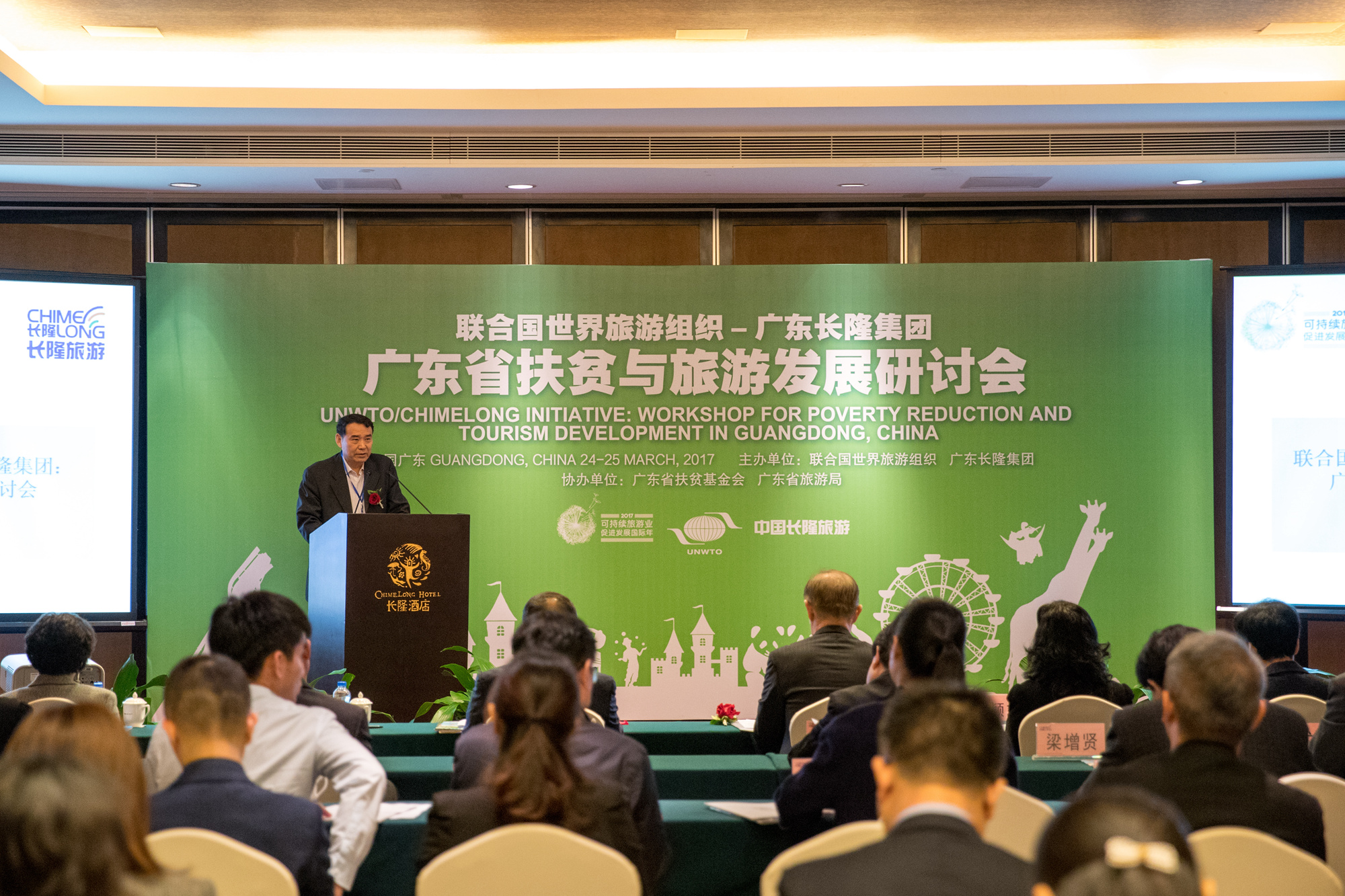
The role of tourism in reducing poverty discussed at UNWTO Workshop in China
The power of tourism to induce poverty reduction and development constituted the main focus of the UNWTO Workshop held in Guangdong, China. The workshop was conducted under the framework of the agreement signed between UNWTO and the Chimelong Group in 2016 designed to support sustainable tourism and wildlife protection through tourism.
Raising awareness on the relevance of the tourism sector in the reduction of poverty and promoting knowledge sharing on best practices constitute the major objectives of the Workshop for Poverty Reduction and Tourism Development held in Guangdong. The event takes place in a highly relevant momentum as 2017 is celebrated as the International Year of Sustainable Tourism for Development, a global campaign lead by UNWTO.
“Guangdong, one of the top economic hubs in China, is one of the best examples of what is happening in China in terms of the links between development and tourism and therefore it is a perfect location to conduct this event” said UNWTO Secretary General, Taleb Rifai.
“We sincerely appreciate the agreement with UNWTO that includes a number of initiatives in the field of sustainable tourism and wildlife conservation, which are very much in line with our philosophy ‘Wherever Chimelong goes, the happiness follows’ as our CEO, Su Zhigang highlights,” said Chen Wancheng, President of Guangdong Chimelong Group.
Accounting for 6.3% of GDP, tourism is one of the most important sectors in Guangdong. The province receives more than 300 million domestic tourists annually and around 35 million international tourists.
The workshop included case studies from the UNWTO ST-EP Project Great Himalaya Trail Development Programme, the UNWTO Network of Sustainable Tourism Observatories and from activities conducted by Chimelong in the Guangdong Province. Representatives of Provincial Tourist Authorities and Provincial Tourism Organizations, in particular from the Guangdong Province, stakeholders from the private sector and Chinese NGOs attended the event.
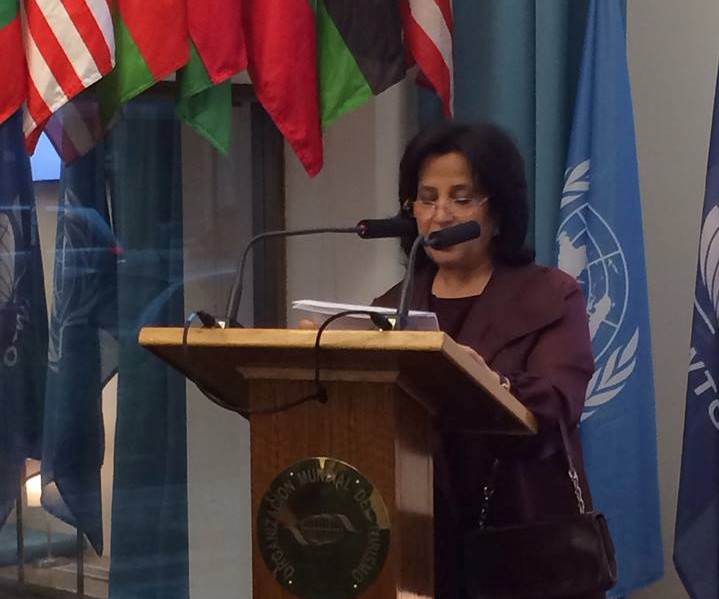
UNWTO appoints Shaikha Mai Bint Mohammed Al-Khalifa as Ambassador of the International Year of Sustainable Tourism for Development
The President of the Bahrain Authority for Culture and Antiquities and Chairperson of the Board of the Arab Regional Centre for World Heritage, Shaika Mai Bint Mohammed Al-Khalifa, has been appointed as Special Ambassador of the International Year of Sustainable Tourism for Development 2017.
In the resolution that adopts the Year, the UN General Assembly specifically stresses how tourism can foster “better understanding among peoples everywhere, leading to a greater awareness of the rich heritage of various civilizations and bringing about a better appreciation of the inherent values of different cultures”.
The ceremony, conducted at the Headquarters of the World Tourism Organization (UNWTO) in Madrid, Spain, praised the role that Shaikha Al-Khalifa has played in advancing culture as a key component of tourism development in Bahrain and the Middle East, through the Arab Regional Centre for World Heritage.
“Your Excellency is an example for all of us in the work she does in Bahrain to promote and protect culture, to link tourism and heritage and to bring culture to life” said UNWTO Secretary-General, Taleb Rifai, in the ceremony.
“It is an honor to be selected as an ambassador to UNWTO in this special Year of Sustainable Tourism for Development. I believe that now more than ever tourism and culture have a vital role to play in promoting peace and understanding and in encouraging a dialogue between civilizations, not walls between nations. Coming from the Arab region, the cradle of civilizations and the home to many of the world iconic heritage sites; a region traditionally known for its hospitality and acceptance of the other, I believe that cultural tourism can be an effective tool for sustainable development. Tourism add an economic value to the historical value of all cultural sites, it creates jobs, revitalize crafts and generates revenues for people wherever they are. I also believe that tourists enjoying a cultural tourism experience, they themselves become the best ambassadors of what the Arab World has got to offer,” said in her intervention Shaikha Mai Bint Mohammed Al-Khalifa.
Shaikha Mai Bint Mohammed Al-Khalifa will join as Ambassadors of the International Year of Sustainable Tourism for Development 2017 Juan Manuel Santos, President of Colombia, Ellen Johnson Sirleaf, President of Liberia, Talal Abu-Ghazaleh, Chairman of Talal Abu-Ghazaleh Organization, Michael Frenzel, President of the Federal Association of the German Tourism Industry (BTW) and Huayong Ge, CEO of UnionPay.
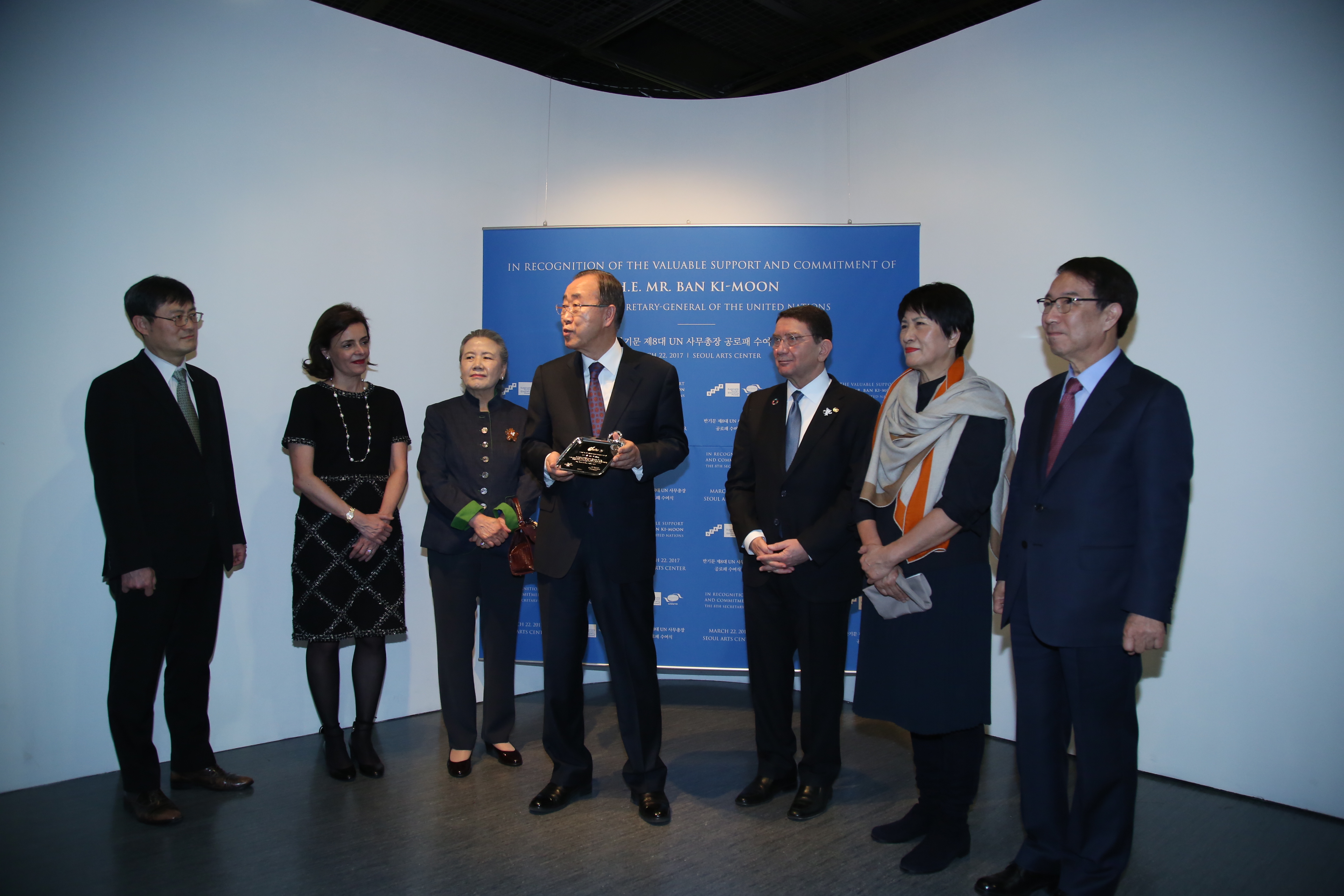
Former UN chief Ban Ki-moon honoured as champion of tourism
The United Nations General Assembly has designated 2017 as the International Year of Sustainable Tourism for Development. For the duration of 2017, the global UN community, across all nations and agencies, will focus on the critical role of Tourism as a vehicle for global unity, opportunity and sustainable advancement of the economies, societies, cultures and environments.
To mark this milestone year for the Tourism sector, Dr. Taleb Rifai, Secretary-General of UNWTO, visited Seoul on 22 March, in order to pay tribute to Mr. Ban Ki-moon as the 8-th Secretary-General of UN, in recognition of his valuable support and commitment, to the work of UNWTO in promoting sustainable tourism for peace, development, and poverty alleviation, during his ten-year tenure as 8th UN Secretary-General.
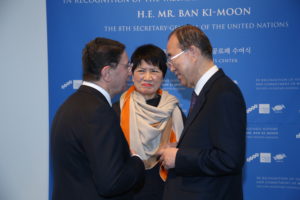
An award ceremony was co-hosted by UNWTO and Seoul-based UNWTO ST-EP Foundation at the Seoul Arts Center, in honor of Mr. Ban, in presence of Dr. Rifai, the Korean Acting Minister of Culture, Sports and Tourism Mr. Song Soo-keun, the Chairperson of the UNWTO ST-EP Foundation and UN SDGs Advocate Ambassador Dho Young-shim, and members of the diplomatic community in the Republic of Korea.
Introduced by Ambassador Dho, Dr. Rifai delivered a speech in honor of Mr. Ban and his dedication to the UN and global causes including human rights, sustainability and peace. Dr. Rifai also reminded the audience that Mr. Ban, during his tenure as the top official of the UN, had visited UNWTO, the youngest of the UN specialized agencies, several times. His first visit to Spain as UN Secretary-General on June 5, 2007 was to visit UNWTO headquarters in Madrid.’
Mr. Ban delivered an impressive speech on the important role of the tourism industry, stressing that it ‘serves as ambassador of culture and mutual understanding, peace, reconciliation, tolerance and mutual respect. Focusing on the great potential of tourism to contribute to international development and poverty elimination, Mr. Ban included in his remarks a message of thanks to Ambassador Dho and the UNWTO ST-EP Foundation for its activities aimed at fostering sustainable tourism towards the achievement of the UN Millennium Development Goals (MDGs) and then the Sustainable Development Goals (SDGs) which include ending poverty in all its forms everywhere by 2030.
Sighting one important example of the organisation’s efforts in upliftment of communities, Mr. Ban referenced the Thank You Small Library (UN SDGs TYSL) initiative spearheaded by the ST-EP Foundation, with a total of 180 small libraries established around the world. Mr. Ban praised its contribution to ‘so many young children who otherwise without this would have nothing to do’. He added that his wife had the opportunity to visit UN SDGs TYSLs on several occasions.
Finally, Mr. Ban also shared with the audience his personal and sincere hopes around the aspirations of the people of the Republic of Korea for Amb. Dho’s candidacy to be the next Secretary-General of UNWTO. He added that he had ‘great confidence and trust as a personal citizen of Korea that she can be the absolutely right leader for the UNWTO in these changing and challenging times to promote tourism and by promoting tourism we can expect more peaceful societies’.
Currently seven candidates are competing for the highest post in world tourism; Ambassador Dho Young-shim is the only Asian and female candidate among the seven candidates. The decision will be made in May 2017 by the UNWTO Executive Council for ratification by the UNWTO Membership in September.
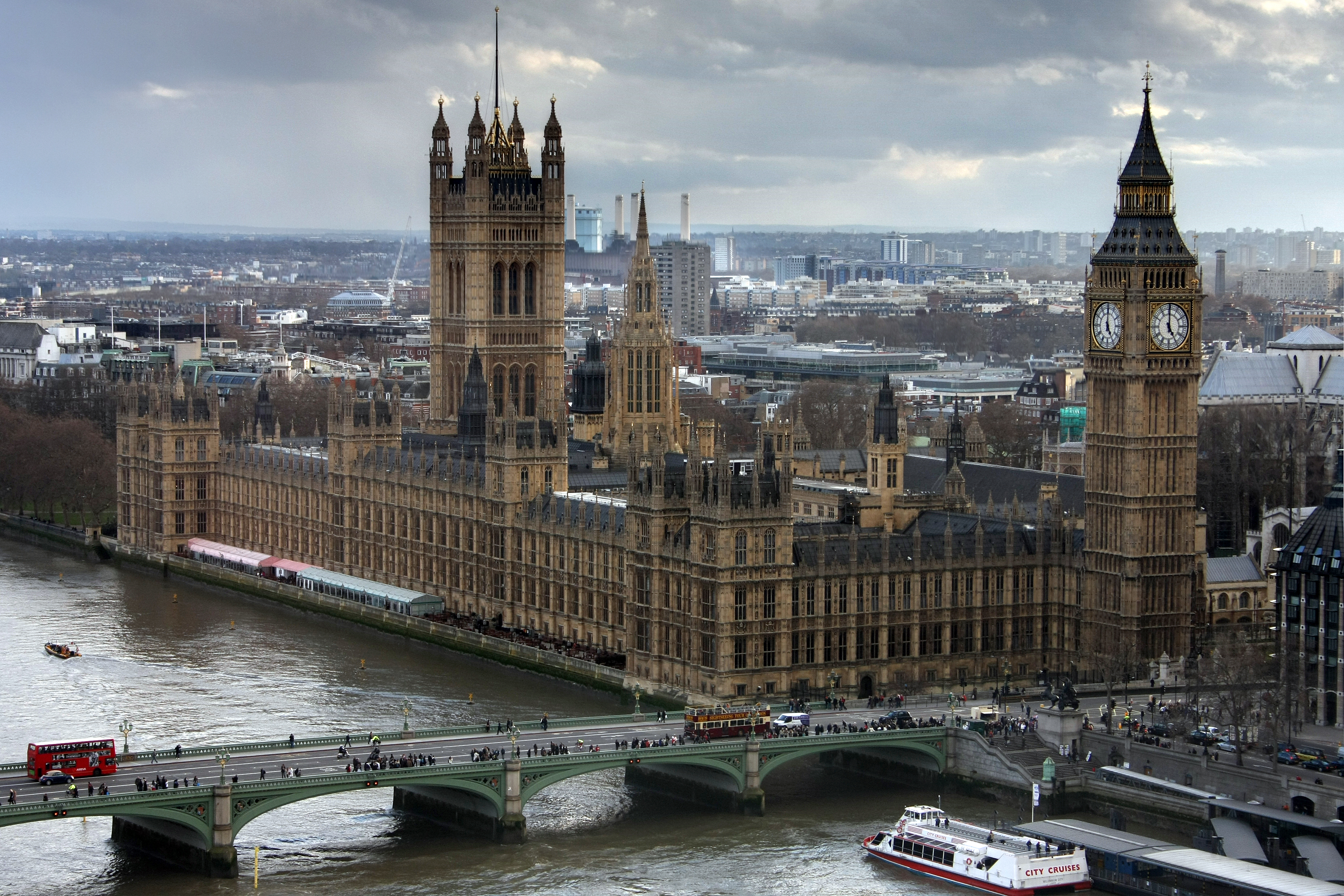
ETOA statement on incident in Westminster
As you may be aware, an incident, which has been described by the Metropolitan Police as “Terrorist” occurred in Westminster this afternoon. Details of what happened are still emerging.
It is obviously a matter of deep concern that people appear to have died, and several more injured. Some of these were visitors.
For those not directly involved, it is important to know the extent of the disruption. There are severe delays around Parliament Square, whose closure has diverted several bus lines. Circle, District and Jubilee Line trains are not stopping at Westminster Station. Boat services under Westminster Bridge are suspended. This is expected to last at least until tomorrow. In terms of visitor attractions both the London Eye and Banqueting House are a currently affected.
Other than this, there is no other disruption.
This incident has to be viewed in context. Anywhere there are cars, fatalities occur. In terms of traffic safety, Britain happens to be a world leader*. The intentional nature of this incident makes it newsworthy. It does not make the UK any less safe. It will still be one of the safest countries in the world to be a pedestrian. It will still be one of the safest countries on earth to visitor.
London remains open.

UNWTO welcomes Morocco as a partner of the International Year of Sustainable Tourism for Development 2017
Morocco has become the latest country to join UNWTO as partner of the International Year of Sustainable Tourism for Development 2017. The commitment was delivered at the Moroccan Day of Sustainable and Responsible Tourism held on 20 March in Rabat.
Morocco has become the latest partner of the International Year of Sustainable Tourism for Development 2017.
On the occasion of the Moroccan Day of Sustainable and Responsible Tourism on 20 March, the government of Morocco committed to support the International Year and advance the promotion of the first African Charter on Sustainable and Responsible Tourism.
The African Charter on Sustainable and Responsible Tourism, signed last November in Marrakesh during the Ministerial Forum on Tourism and Climate in Africa, on the sidelines of the COP22, aims at becoming an instrumental tool for the continent to engage in sustainable tourism best practices by reconciling social and economic growth, the preservation of the environment and the respect for the cultural diversity of each country.
“The commitment of the Kingdom of Morocco with the tourism sector is remarkable, not only by joining now the International Year of Sustainable Tourism for Development, but also by other gestures done in the past such as partnering with the World Tourism Organization in promoting more responsible practices and leading the process of adoption of the African Charter” said UNWTO Secretary-General Taleb Rifai.
The United Nations 70th General Assembly has designated 2017 as the International Year of Sustainable Tourism for Development. In the context of the universal 2030 Agenda for Sustainable Development and the Sustainable Development Goals (SDGs), the International Year aims to support a change in policies, business practices and consumer behavior towards a more sustainable tourism sector than can contribute to the SDGs.
The IY2017 will promote tourism’s role in the following five key areas: (1) Inclusive and sustainable economic growth; (2) Social inclusiveness, employment and poverty reduction; (3) Resource efficiency, environmental protection and climate change; (4) Cultural values, diversity and heritage; and (5) Mutual understanding, peace and security.

UNWTO Seminar addresses tourism development in the Russian regions of the Silk Road
The potential of tourism itineraries and products in the Russian regions of Silk Road has centred the debates of a Seminar conducted last 12 March in Moscow by UNWTO. The Seminar was held in the framework of the UNWTO Silk Road Programme in cooperation with the Russian Federal Agency for Tourism and the Intourmarket Tourism Fair.
The relevance of Silk Road tourism itineraries and products in Russia as well as marketing and branding opportunities received major attention during the Seminar facilitated in Moscow by the UNWTO Silk Road Programme. The event was attended by representatives of the Russian regions and tourism stakeholders from the public and private sector.
Moderated by Leonid Gelibterman, President of the International Center of Wine and Gastronomy of the Russian Federation, the event was an excellent platform to exchange and showcase best practices.
The regions of Astrakhan and Caucasus, and the Republics of Dagestan, Tatarstan, Altai and Buryatia, showcased innovative tourism offers based on their Silk Road heritage. Gastronomy, natural splendor and intangible heritage were identified as key elements that will drive the development of Silk Road tourism in Russia.
One of the major conclusions of the Seminar was the need to continue working towards the establishment of a trans-regional cooperation framework for the Russian regions on the Silk Road. This and other topics will be at the core of the International Conference on the Gastronomic Routes of the Silk Road to be held in Astrakhan, Russia, next July.
The UNWTO Silk Road Programme is a collaborative initiative designed to enhance sustainable tourism development along the historic Silk Road routes. It aims to maximize the benefits of tourism development for local Silk Road communities, while stimulating investment and promoting the conservation of the route’s natural and cultural heritage.
Currently the Silk Road Programme engages 33 UNWTO Members States, UN agencies, UNWTO Affiliate Members, as well as an extensive network of private sector stakeholders.
The 7th UNWTO Silk Road Task Force meeting will be held in Valencia, Spain on 30-31 March 2017.
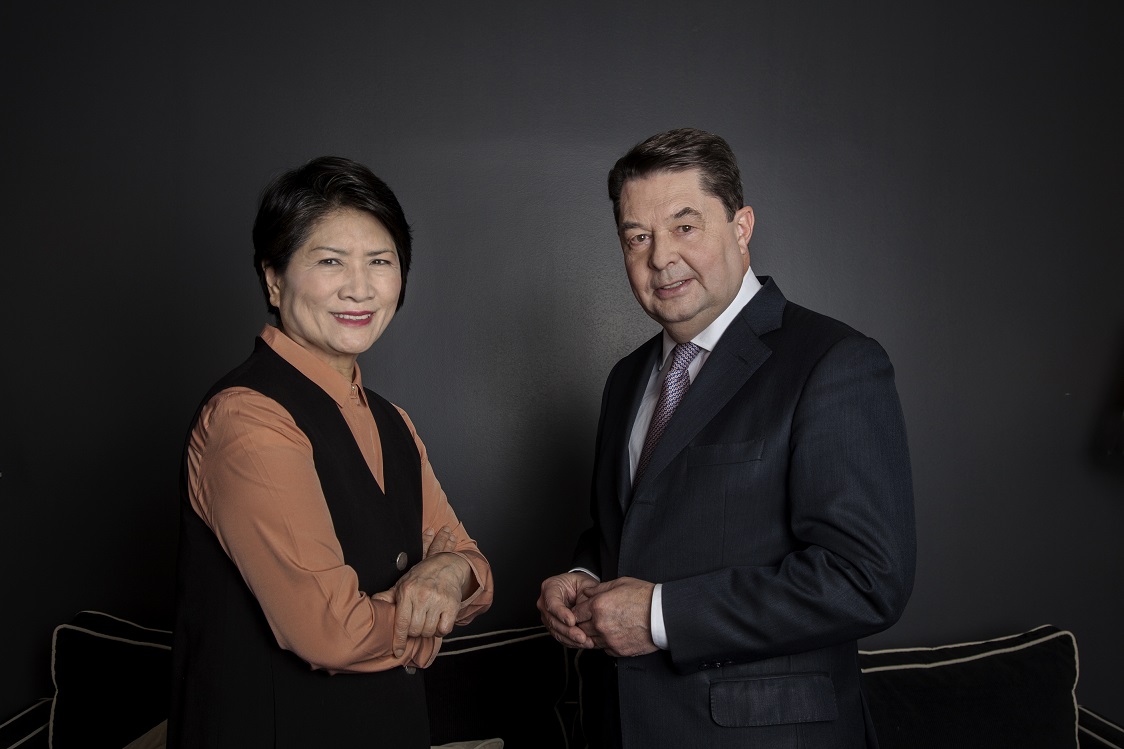
The Power Of Tourism And Global Unity
Mel Webster, Special to WorldTourismWire
The 2016 US election results are still reverberating globally, regardless where in the world one
resides. One interesting lesson learned from the recent US Presidential election race is
assuming an outcome before the votes are counted is not prudent.
A very different and perhaps more thoughtful election is about to take place in Madrid, Spain.
In an era of global turbulence and troubled times, with people looking for stability, unity and
responsible solutions, the role of the United Nations World Tourism Organization (UNWTO) is
more critical than ever before. With the upcoming UNWTO general election of a new Secretary
General, seven candidates have been nominated to build on the considerable successes of
outgoing Secretary General, Dr. Taleb Rifai.
From the Republic of Korea, Ambassador Dho Young-Shim, with a remarkable career in tourism,
is a candidate with integrity, perspective, and balance to provide new leadership of the UNWTO
in uncertain times.
Dho Young-Shim is endorsed by the Republic of Korea, a country that vigilantly safeguards and
values ethics, integrity and honesty, especially at the highest levels of government. As it has
been clearly demonstrated with the recent impeachment of President Park.
Dho Young-Shim, with an impeccable and lengthy track record of championing and
implementing authentic sustainable tourism, is receiving support from diverse regions of the
world. As a side note, since its inception, UNWTO has never elected an Asian representative or
female to the helm of the organization.
To move beyond standard candidate campaigning rhetoric, Dho Young-Shim outlined why she
wants to navigate the UNWTO through challenging, if not choppy global waters.
“I grew up in a country that wasn’t yet developed as it is today. I worked for every opportunity
to become a better person, to learn, to earn an education and to contribute to my country’s
development and growth. These are hopes common to people in all parts of the world. I have
enormous compassion for anyone who struggles to put food on their table or to get an
education. Through the power of tourism we can authentically help people live better lives.
Sustainable tourism is not a buzzword, it is a very real duty. I have made it my life’s work due to
my humble background. I have been there. I want to bring UNWTO to new heights, building
on the legacy received.” noted Dho Young-Shim.
Dho Young-Shim has nominated Spanish national Carlos Vogeler as her running partner.
Both Carlos Vogeler and Dho Young-Shim have extensive experience working with the UNWTO,
Vogeler is a current Executive Director with more than three decades in the global tourism
sector. Combined they bring extraordinary depth of skills and understanding within an industry
and to a world that needs inclusive, cohesive leadership.
In a recent paper UNWTO provided an overview of the primary responsibilities of the Secretary
General position, emphasizing the importance of increasing membership from tourism
destinations not currently participating in the UNWTO. These countries include USA,
Singapore, United Kingdom, Sweden, New Zealand and other major tourism destinations.
” I firmly believe there is great strength in unity. UNWTO’s core foundation embodies unity
through tourism. There is also a duty of responsibility when tourism is a major economic driver
within a country. Bringing more nations into the UNWTO, uniting together, we can make very
real, measurable differences globally. ” said Dho Young-Shim.
Voting for the new Secretary General of the UNWTO will take place in Madrid
May 11, 2017, with seven candidates on the ballot. Handing the reins over to a new Secretary
General is a large responsibility in the capable hands of voting members of UNWTO. It is
reasonable to believe the voting members will read between the lines of candidate campaign
trail soundbites and maneuvers in the press while jockeying for the highly sought-after position.
The global tourism industry as a whole requires a thoughtful election to take place next month.
Turning away from narratives that do not authentically behoove global tourism interests, while
embracing fresh perspectives that will bring people together for the greater good is vital for the
stability of tourism in turbulent times.
“We need more genuine leadership in the world, not divisiveness . The power of tourism is
enormous. Uniting together we can bring about change to this planet of ours, all while fully
supporting stakeholders. With unity comes strength.” said Dho Young-Shim.
